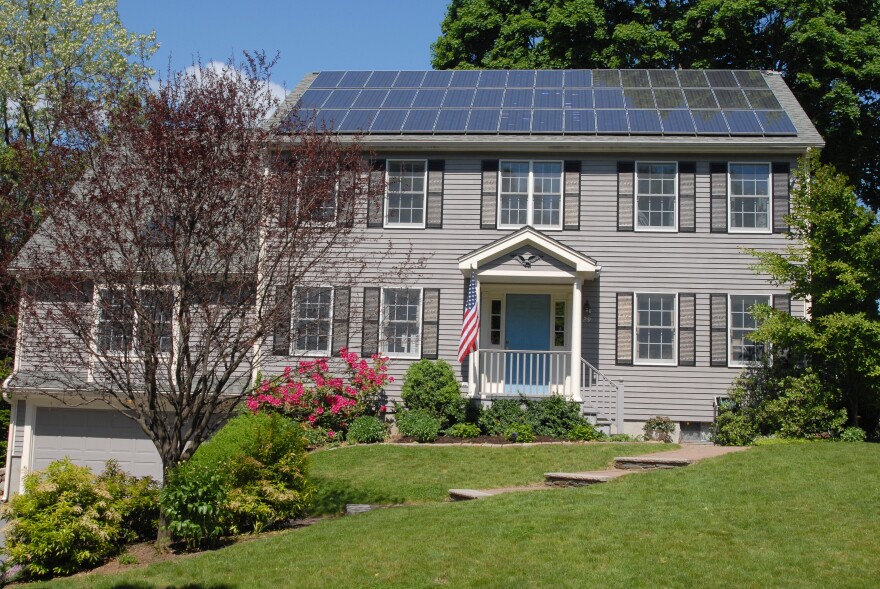Louisville Metro is again considering a resolution to transition the city to 100 percent renewable energy in the coming decades.
On Thursday, the Parks and Sustainability Committee heard the latest version of the measure, which is largely the same as the original. The goal is to commit the city to a scheduled transition reaching 100 percent renewable energy for city operations by 2030 and the entire community by 2040.
"This is the first truly global challenge that we, as people, have ever had and we are fighting it on the municipal level at this point," said Sam Avery, an advocate with the Renewable Energy Alliance of Louisville who helped draft the resolution.
The resolution also calls for revisions to the city's building codes, new regulations for energy efficiency and programs that benefit low-income residents. As a resolution, the measure is non-binding and could be ignored, but Avery said that's where the community has to step in to hold city officials accountable.
More than 100 other cities across the country, including Cincinnati and Atlanta, have committed to similar goals.
Back in September, Louisville Mayor Greg Fischer declared a "climate emergency" but so far, the city's plan does not match with the science.
Louisville Metro wants to reduce emissions 80 percent by 2050 — a plan scientists with the Intergovernmental Panel on Climate Change say is too slow to avoid the worst impacts of global warming.
“What it allows LG&E to do is to burn coal for another 20 years into the 2040s, by that time the Arctic ice cap will be gone and LG&E will still be spewing carbon dioxide into the atmosphere,” Avery said.
Louisville Gas & Electric didn’t immediately return a request for comment. However, representatives have said that the road to 100 percent renewable energy would require overcoming a number of different hurdles including scaling renewables and energy storage.
An earlier version of the resolution died in committee this spring after the council failed to act on it within six months. Also, Metro Council President David James withdrew sponsorship to avoid an ethical conflict because of his wife's work with LG&E.
The committee tabled the bill on Thursday, but has another hearing scheduled for October 31.







